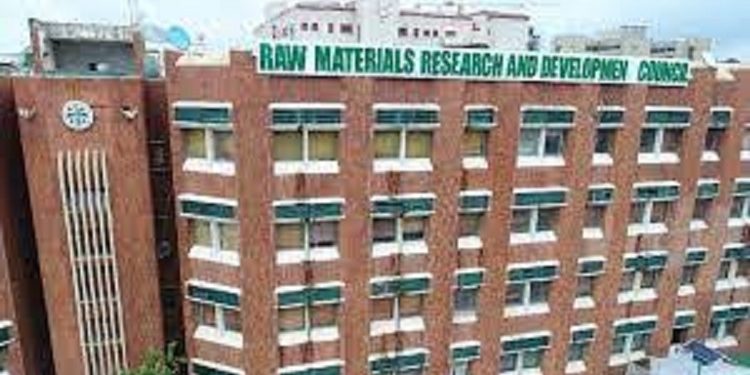Nigeria’s journey toward industrial self-sufficiency and sustainable economic growth has reached a defining moment as the Raw Materials Research and Development Council (RMRDC) 30% Value Addition Bill successfully passed its third reading in the House of Representatives, moving it closer to presidential assent by President Bola Ahmed Tinubu.
The bill, titled “A Bill for an Act to Amend the Raw Materials Research and Development Council Act, No. 28, 2022, to Provide for the Protection and Development of Nigeria’s Local Manufacturing and Processing Industries and Related Matters,” mandates that all raw materials produced or extracted in Nigeria must undergo a minimum of 30 percent local value addition before export.
This landmark legislation aims to drive industrialization, create jobs, conserve foreign exchange, and enhance Nigeria’s gross domestic product (GDP) through expanded local processing and manufacturing. Once signed into law, the policy will discourage the export of unprocessed raw materials and catalyze the establishment of processing industries across the country.
Director-General and Chief Executive Officer of RMRDC, Prof. Nnanyelugo Ike-Muonso, described the bill as a “critical piece of legislation” that aligns with the Council’s mandate to develop Nigeria’s raw materials base and strengthen local manufacturing capacity.
“The Raw Materials Value Addition Bill is a transformative step toward unlocking the full potential of Nigeria’s raw materials sector. Its implementation will create jobs, stimulate economic growth, and reduce poverty while ensuring that value generated from our natural resources remains within the country,” Prof. Nnanyelugo Ike-Muonso.
Prof. Ike-Muonso, a visionary leader under whose administration the bill gained significant traction, reaffirmed RMRDC’s commitment to building a competitive industrial ecosystem driven by innovation, quality, and sustainability. He emphasized that the bill will reduce Nigeria’s dependence on imported inputs, improve the competitiveness of local products, and strengthen the foundation for industrial diversification.
RMRDC’s sustained advocacy and collaboration with stakeholders, including the 10th National Assembly, industry leaders, policymakers, and civil society organizations, have been instrumental in advancing the bill’s progress. These engagements have raised national awareness about the strategic importance of local value addition in raw material development.
Industry experts have lauded the bill as a game-changer capable of transforming Nigeria’s economic landscape. They note that promoting local value addition will enhance export quality, improve Nigeria’s balance of trade, and boost investor confidence in the country’s manufacturing sector.
The bill’s passage will also create opportunities for small and medium-scale enterprises (SMEs), the backbone of Nigeria’s economy, by enabling them to participate in value chains that were previously dominated by imported goods.
However, experts also highlight the importance of supporting infrastructure, reliable energy supply, and access to finance to ensure the bill’s effective implementation once it becomes law.
The legislative success of the RMRDC Value Addition Bill signifies a major stride toward actualizing Nigeria’s industrial transformation agenda. With presidential assent imminent, the country stands on the verge of a breakthrough that could establish it as the industrial hub of Africa.
This bill has the potential to transform Nigeria’s economy and improve the lives of its citizens. We are optimistic that with the collective will of government, industry, and stakeholders, this milestone will usher in a new era of industrial prosperity.
As Nigerians await the President’s signature, the passage of the 30% Value Addition Bill stands as a testament to the collaborative efforts of the National Assembly, RMRDC, and stakeholders in shaping a more resilient and self-reliant economy for the nation.









